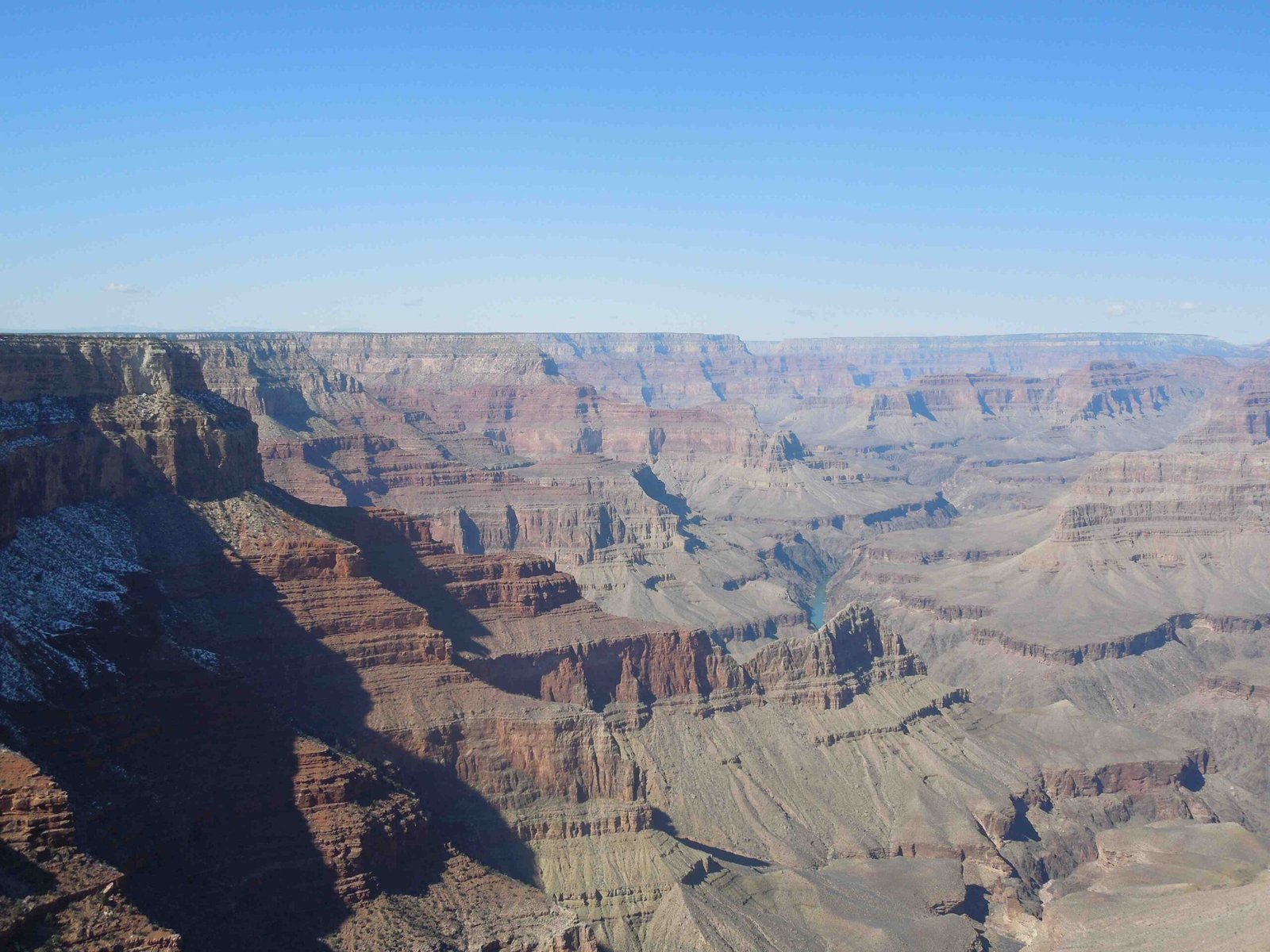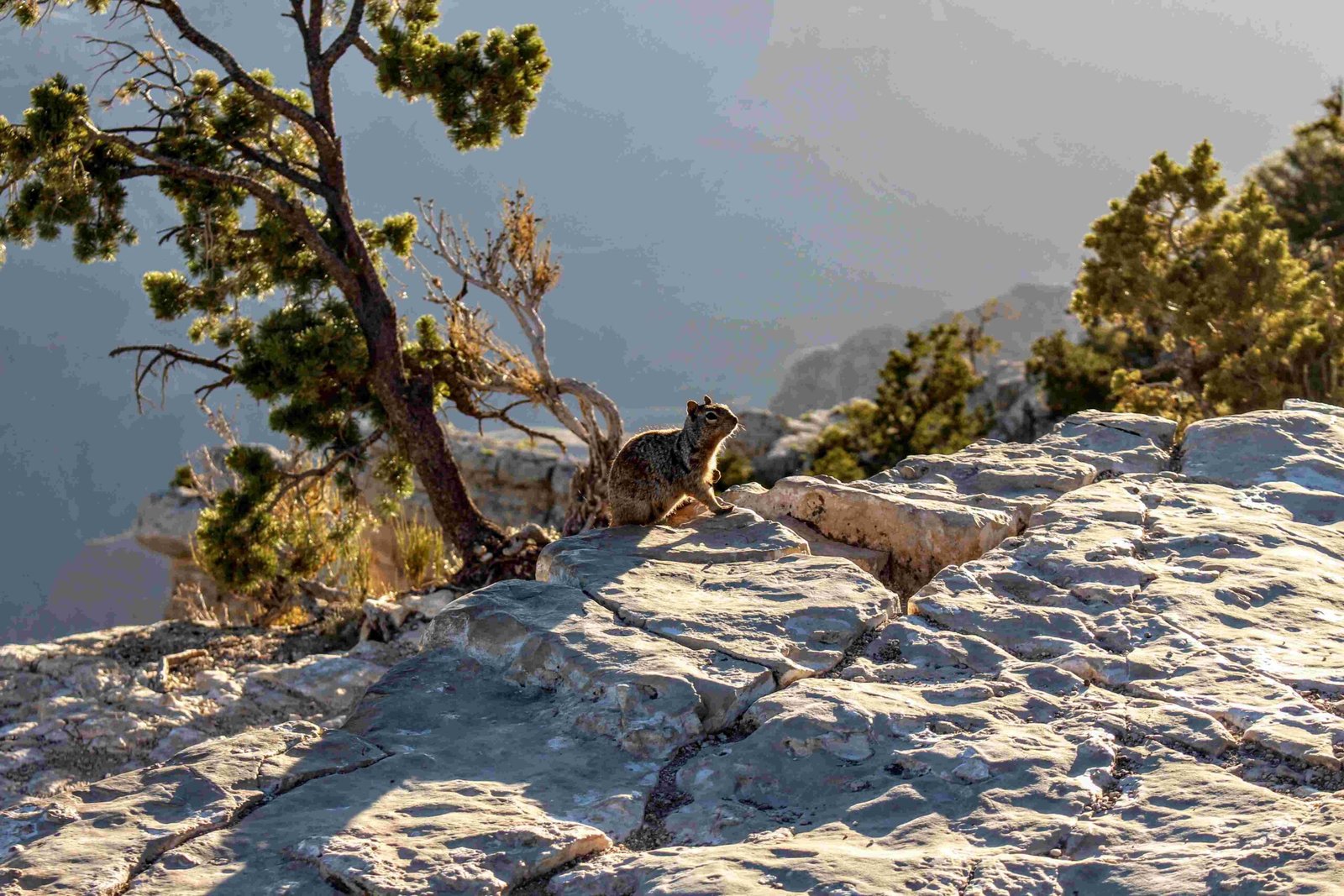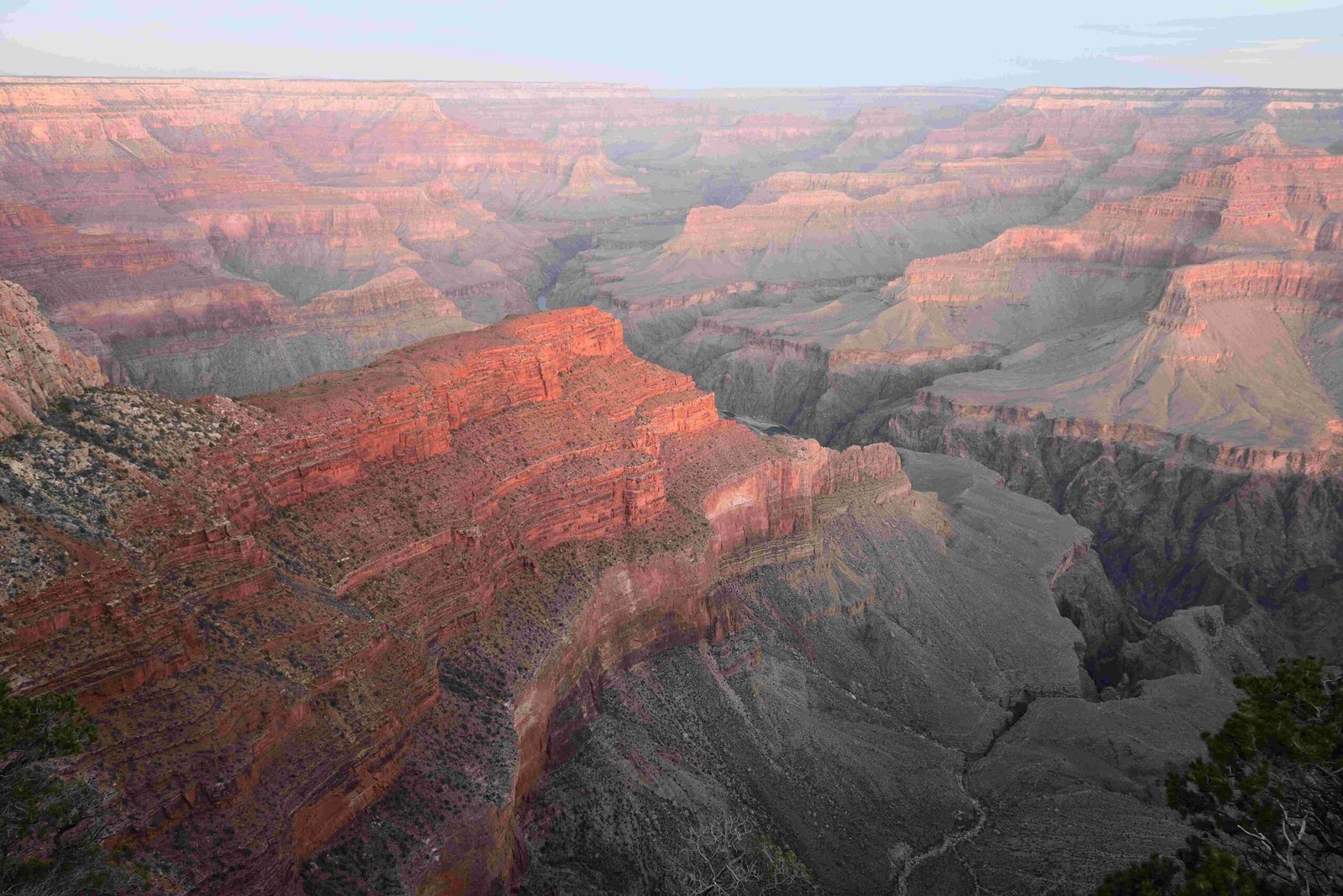The Grand Canyon, a magnificent geological marvel carved by the Colorado River, stands as Arizona’s most iconic natural attraction. Spanning 277 miles long and up to 18 miles wide, this UNESCO World Heritage Site draws over 4.7 million visitors annually, showcasing Arizona’s unparalleled landscape and geological diversity through its stunning rock formations, dramatic canyon walls, and rich ecological environments.
What Makes the Grand Canyon Arizona’s Premier Destination?

Why is the Grand Canyon Unique to Arizona?
The Grand Canyon represents more than just a geological formation; it’s a testament to Arizona’s natural heritage. Located entirely within Arizona’s northwestern region, this national park embodies the state’s geological complexity and natural beauty.
Geological Significance
| Geological Feature | Measurement | Significance |
|---|---|---|
| Total Length | 277 miles | Reveals 2 billion years of Earth’s history |
| Average Depth | 1 mile | Exposes multiple geological layers |
| Width Range | 4-18 miles | Demonstrates massive erosional processes |
How Does the Grand Canyon Attract Visitors?
Visitors are drawn to the Grand Canyon through multiple compelling experiences:
- Scenic Viewpoints: Over 20 distinct observation points
- Hiking Trails: More than 50 maintained trails
- River Expeditions: Colorado River rafting adventures
- Wildlife Observation: Home to 355 bird species
- Cultural Experiences: Native American historical sites
What Recreational Activities Exist?
- Hiking Opportunities
- Rim Trail (Easy, 13 miles)
- Bright Angel Trail (Moderate to Challenging)
-
South Kaibab Trail (Steep, Panoramic Views)
-
Adventure Sports
- Whitewater Rafting
- Mule Rides
- Rock Climbing
- Helicopter Tours
What Economic Impact Does the Grand Canyon Have?
The Grand Canyon generates substantial economic benefits for Arizona:
- Annual tourism revenue: Approximately $687 million
- Creates over 12,000 jobs in surrounding communities
- Supports local hospitality and tourism industries
How Accessible is the Grand Canyon?
The park offers comprehensive accessibility features:
- Multiple entrance points
- Free shuttle services
- Wheelchair-accessible trails
- Visitor centers with comprehensive facilities
- Year-round accessibility
When is the Best Time to Visit?
| Season | Visitor Experience | Recommended Activities |
|---|---|---|
| Spring | Mild Temperatures | Hiking, Photography |
| Summer | Peak Season | River Activities |
| Fall | Less Crowded | Wildlife Viewing |
| Winter | Snow-Covered Landscapes | Limited Activities |
What Conservation Efforts Protect the Grand Canyon?
Arizona and federal agencies collaborate to:
– Preserve ecological diversity
– Protect endangered species
– Manage sustainable tourism
– Conduct ongoing geological research
Conclusion

The Grand Canyon transcends being merely a natural attraction; it represents Arizona’s geological legacy, cultural richness, and environmental diversity. Its unparalleled landscape continues to inspire millions, making it an irreplaceable treasure of the American Southwest.

